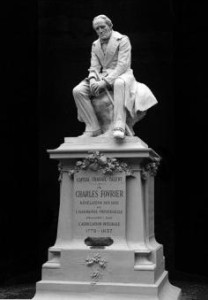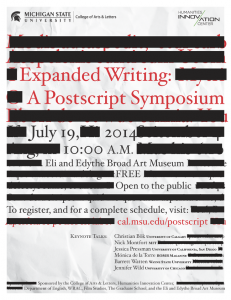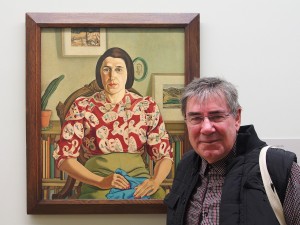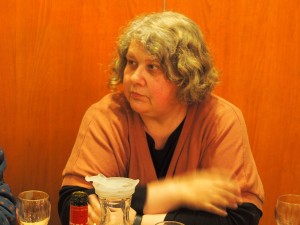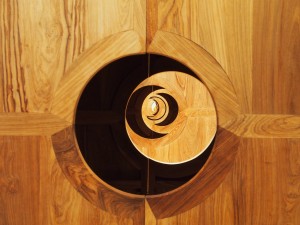Tracking the Chinese Avant-Gardes: Literary and Visual
Organizers: Barrett Watten, Wayne State University
Jonathan Stalling, University of Oklahoma
Jacob Edmond, University of Otago
American Comparative Literature Association
Seattle, 26–29 March 2015; stream B (10:30–12:10)
Dashpoint, Seattle Sheraton
The past thirty-five years has witnessed the phenomenal growth of numerous avant-garde art and poetry movements in China, from the 1979 Stars exhibition and Misty School of poetry to the present. This seminar will survey the formal innovations, historical development, and cultural logics of the Chinese avant-gardes, working across genres and disciplines in doing so. It will present examples of formally innovative and culturally provocative art, from its period of emergence after the Cultural Revolution in the 80s to the traumatic break that occurred with the events of the June 4/Tiananmen Square movement to periods of growth and dispersion in the 90s and global recognition in the 00s. How have Chinese avant-gardes developed, dispersed, changed, been absorbed—what are their influences, accomplishments, contradictions, historical mission? How are the Chinese avant-gardes global; how do they respond to or resist globalization; how do they reflect, affirm, or critique China’s role in the global order? How are the Chinese avant-gardes a moment of cultural translation or hybridity between Chinese and Western/avant-garde aesthetics, philosophy, and/or politics (including gender)? How were emergent forms of transnational art, such as Conceptual Art or Concrete Poetry, interpreted in China? How do the Chinese avant-gardes negotiate the visual/verbal interface between pinyin and roman characters as a part of its task? And finally, what does the emergence of the Chinese avant-gardes, in their specific historical and cultural conditions, mean for the theory of the avant-garde, given its Eurocentric historical basis?

